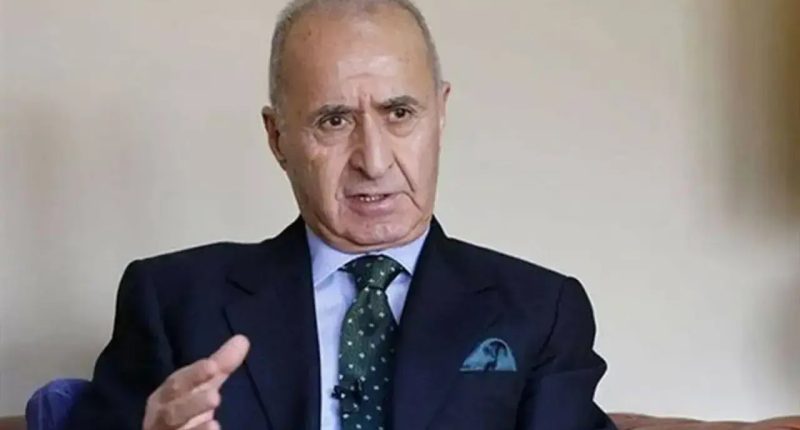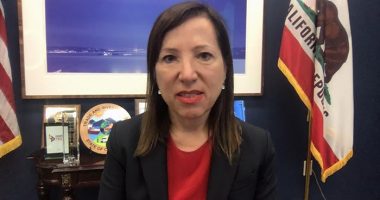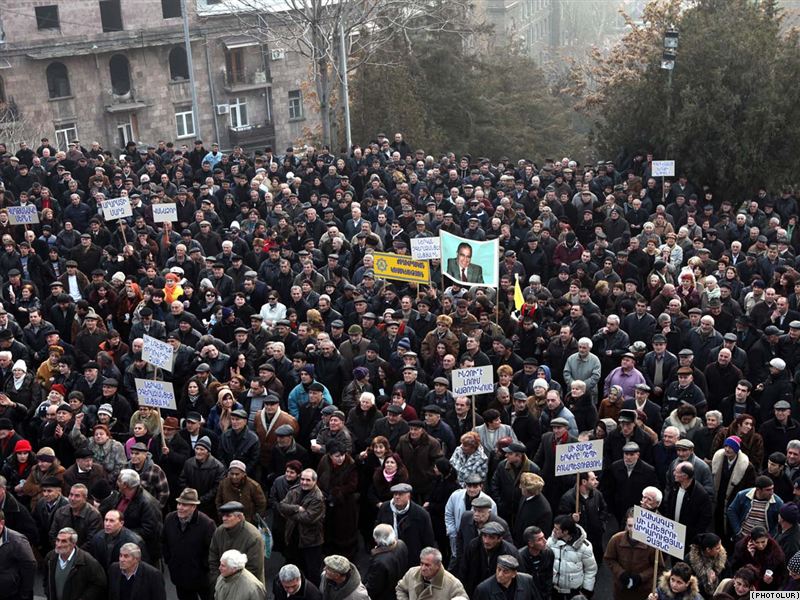Hikmet Çetin advocates for Turkey to confront its history, calling for apologies for Dersim pogroms and the events of 1915. A significant move towards reconciliation and healing.
SAFAK COSTU
https://bnnbreaking.com/
In a recent interview with Turkish Artigercek, Hikmet Çetin, a figure with a rich political background including roles as former deputy prime minister, former head of the Turkish Foreign Ministry, and former leader of the opposition People’s Republican Party, made a compelling call for the Turkish government to confront and apologize for the pogroms in Dersim and the events of 1915. Çetin, who played a pivotal role in Turkey’s early recognition of Armenia’s independence, emphasized the necessity for the state to own up to these dark chapters in its history.
Recognizing the Past
Çetin’s statements come as a rare admission from a high-ranking Turkish official about the country’s historical grievances, particularly regarding the events of 1915, often referred to as the Armenian Genocide. His call for an official apology from the Turkish state highlights a significant shift in perspective, advocating for a reconciliation process that addresses past atrocities. Çetin recalled his tenure as Foreign Minister when Armenia declared independence, and Turkey was among the first nations to recognize it, pointing to a foundation for potential diplomatic rapprochement.
The Importance of Apology
Apologies in international relations go beyond mere formalities; they are crucial for healing historical wounds and building bridges between nations. Çetin’s advocacy for an official apology to Armenians for the events of 1915 is rooted in this understanding. By acknowledging the injustices of the past, Turkey can pave the way for a more inclusive and truthful narrative about its history, fostering better relations with Armenia and its own citizens of Armenian descent.
Looking Forward
The implications of Çetin’s statements are profound, suggesting a path towards reconciliation that many had considered unlikely. This call for acknowledgment and apology may serve as a catalyst for change in Turkey’s approach to its history with Armenians and other minority groups. While the realization of such a vision remains to be seen, the mere fact that a politician of Çetin’s stature has voiced it publicly is a step forward in the long journey towards acknowledging and rectifying historical wrongs.
The conversation initiated by Hikmet Çetin opens up a space for dialogue and reflection on parts of Turkish history that have long been silenced or contested. It beckons Turkish society and its leaders to confront uncomfortable truths and demonstrates the potential for healing through acknowledgment and apology. As the world watches, the response to Çetin’s call will undoubtedly shape the future of Turkish-Armenian relations and Turkey’s own reckoning with its past.










